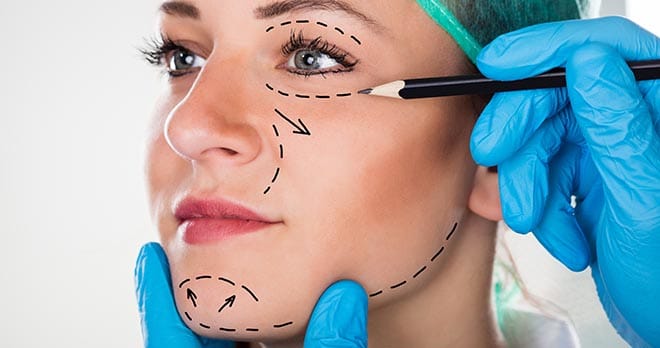3 things you need to know about the UK cosmetic surgery industry

“We’ve got, largely, an unregulated industry that’s exploiting people including children, by promoting often untested and unproven products and procedures. We need better regulation of the quality and safety of these procedures, the people who carry them out, and where they are carried out.” – Jeanette Edwards, Professor of Social Anthropology at the University of Manchester, who chaired the enquiry.
A recent report from the Nuffield Council of Bioethics, focusing on the ethical issues surrounding the cosmetic surgery industry, highlights the significant concerns that surround the market here in the UK.
How big is the UK cosmetic surgery market?
Due to the fragmented nature of the cosmetic surgery industry, limited reporting requirements and commercial confidentiality, accurate information on the size and value of the cosmetic surgery market in the UK is very difficult to find.
In 2009 it was estimated that there were about 1.2 million procedures per year in the UK, although it is likely that this number has risen significantly since then.
Under-18s are being put at risk
The report particularly highlights how the cosmetic surgery industry has boomed. With this in mind, a specific concern is the access that under-18s have to cosmetic procedures (both surgical and non-surgical). This access goes hand-in-hand with the rising levels of ‘body dissatisfaction’ observed amongst young people, significantly increasing the potential for harm.
It is also pointed out by the Council that there are legal age limits for procedures such as having tattoos or using sunbeds, yet under-18s are able to walk in off the street and have a cosmetic procedure. The report therefore calls for a ban on non-medical invasive procedures for patients under the age of 18, and for evidence of safety and effectiveness to be required for dermal fillers and implants.
There’s a distinct lack of regulation on non-invasive, though still risky, cosmetic procedures
There are few legal limits on who may provide cosmetic procedures. In particular, there are no controls on who may provide non-surgical procedures, or procedures in the mouth. Needless to say, the risk of injury from these procedures is just as significant as invasive surgery.
Furthermore, devices and equipment marketed for non-medical purposes, such as many dermal fillers and implants, have historically been excluded from regulation within the EU. Although from 2020 they will be included within the EU, it is unclear what impact Brexit will have on this.
There are of course many positive outcomes of cosmetic procedures. They can improve self-esteem and well-being, make you feel more attractive or less self-conscious, and you may receive positive comments from others. The report notes however, that long term data is unavailable, so we can’t know whether initial satisfaction is maintained over time.
As with any surgery, cosmetic procedures entail a degree of physical risk. Complications can arise as a result of products used in the procedure, through poor practice or from the inherent risks associated with the procedure such as infection or bleeding and adverse reactions to general anaesthesia. These can range from something minor to life-changing, and there are still too many stories of patients receiving botched cosmetic surgery from unlicensed and unregulated medical practitioners.
The Nuffield report concludes that further work is required to ensure more ethical practice is followed across the cosmetic surgery industry. In particular, it refers to the absence of high-quality data in many areas of cosmetic surgery, and the delays and failures of governments to respond to the reports that have been produced in previous years; many of which cited very similar concerns.
We hope that the report will ignite some long-overdue action, and that the cosmetic surgery industry will begin to operate in a more suitable and regulated manner.
Speak to a medical negligence solicitor today to discover how we can help you or someone you know with a negligent cosmetic surgery claim.